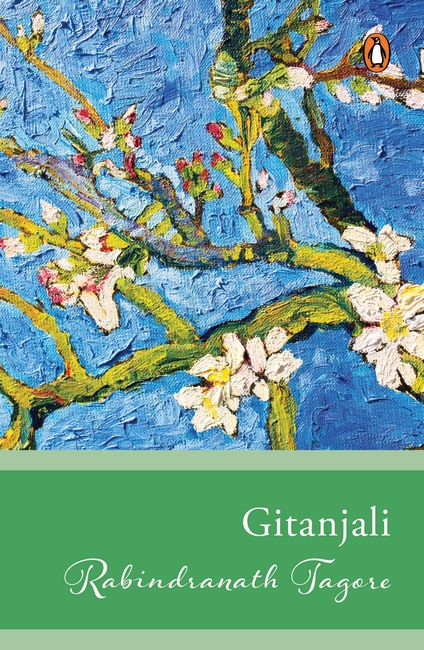Rabindranath Tagore
RABINDRANATH TAGORE (1861-1941). An esteemed Indian philosopher and polymath, he was a beacon of artistic brilliance.
Born on May 7 1861, in Calcutta (now Kolkata), India, Tagore was raised in a family renowned for their contributions to art and literature. his early childhood was shaped by a rich cultural environment. Debendranath Tagore, his father, was a prominent figure in the Brahmo Samaj, a socio-religious reform movement. Tagore’s education began at home, where he received lessons in various subjects, including literature,
music and history. he displayed a prodigious talent for writing and composed his first poem at the tender age of eight. at the age of 17, Tagore was sent to England to pursue formal
education. However, he left after a brief stint at University College London, realizing that his true calling lay in exploring the Indian culture. Upon returning to India, Tagore delved into studying the works of classical Indian poets and philosophers.
This period of self-exploration and intellectual growth laid the foundation for his future literary endeavours. Tagore’s profound insights into human emotions became the cornerstone of
his poetic expression. Before achieving fame, Tagore faced personal tragedies and experienced financial struggles. his family’s zamindari (landlord) estate faced economic difficulties, compelling Tagore to take up management responsibilities. Despite the challenges, he continued to write, establishing his literary reputation through the publication of several collections of poems and plays.
Tagore’s rise to prominence came with the publication of his collection of poems titled Gitanjali (Song Offerings) in 1910.
The collection garnered international acclaim and earned him the Nobel Prize in Literature in 1913. He was the first non-European laureate to win the award.
Tagore’s fame transcended his literary achievements. He was a prolific writer, penning novels, short stories, essays, and plays that explored a wide range of themes. Those included love, nature and social issues. He was also a social reformer, advocating for women’s rights, education, and the upliftment of the marginalized sections of society.
Tagore’s contributions extended beyond literature. He was a renowned painter and composer. Rabindra Sangeet, a vast collection of songs captured the essence of human emotions was created by him. He established the Visva-Bharati University in Santiniketan, which aimed to foster the harmonious
coexistence of art, culture and education.
Rabindranath Tagore’s enduring legacy rests in his ability to bridge the gap between tradition and modernity, east and west.
